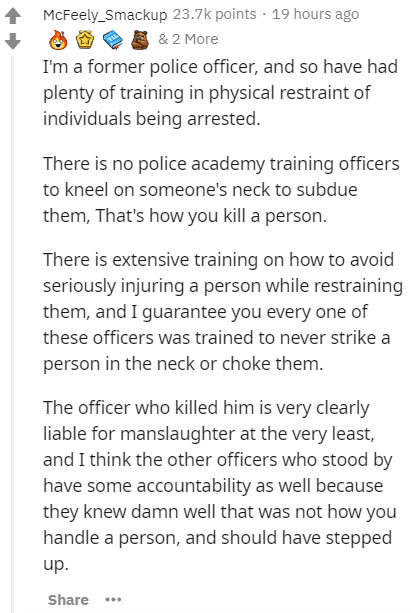

In Minneapolis, however, it appears that a paradigm shift might be the goal.

"I don't think any of those efforts at disbanding, including the one in Camden, were undertaken with the intention of replacing the functions through a completely different paradigm of meeting community needs," said Andrea Ritchie, a researcher for Interrupting Criminalization at Barnard College and author of "Invisible No More: Police Violence Against Black Women and Women of Color." In his criminal justice plan, former Vice President Joe Biden, the presumptive Democratic presidential nominee, calls for allocating $300 million toward community policing, saying it's the model that makes policing work best. Reform, a long-term process that has usually involved putting more funding toward police, now tends to call for community policing, a style that encourages police to be assigned to specific communities and to know the residents and dynamics of the areas where they work. Police reform has often been the mainstream call in the wake of protests against police brutality.

Hazzard wants to see the city's police department defunded, a call that has grown across the country as protests against police brutality continue in the wake of the death of George Floyd in Minneapolis police custody and the killings of countless other black people by police.īut amid the protests, different - but sometimes overlapping - proposals for how to address police violence have emerged, from reforming to defunding to dismantling to abolishing the police. "It is important to keep focus on our city's local issues and the lives lost to prisons and police here in D.C.," Hazzard said.


 0 kommentar(er)
0 kommentar(er)
